
Post by : Soumya Jit
Every day, we make choices—what to wear, what to eat, or what route to take to work. Most decisions are small and simple. But when it comes to big, life-changing decisions, things get harder. Choosing a career path, deciding whether to move to a new city, ending a relationship, or making a large financial investment can leave you stressed, anxious, and even fearful of making the wrong choice.
The good news is that difficult decisions don’t have to leave you stuck in doubt or weighed down by regret. With the right problem-solving mindset and decision-making strategies, you can face tough choices with clarity and confidence.
Making tough choices is emotionally draining because the outcomes often carry long-term consequences. When you’re unsure of what the future holds, you may experience:
Fear of failure – Worrying about what happens if you choose wrong.
Overthinking – Analyzing every detail until you feel paralyzed.
Pressure from others – Family, friends, or coworkers may push their opinions on you.
Uncertainty of outcomes – Not knowing how things will turn out makes you hesitate.
This stress often leads to “decision fatigue,” where you either delay the choice or make one in a rush—only to regret it later.
Our brains rely on both logic and emotion when making decisions. Logic helps us weigh pros and cons, while emotions remind us of personal values and experiences. Problems arise when one overpowers the other.
Too much logic may lead to over-analysis without considering feelings.
Too much emotion may cause impulsive decisions without thinking long-term.
The best decisions balance both—using facts while also respecting your feelings and values.
Before making any choice, ask yourself: What decision am I actually making? Often, stress comes from being unclear. For example, if you’re considering leaving a job, the real problem may not be the job itself but lack of growth opportunities. Defining the root problem helps simplify the choice.
Not all options are equal. Ask: What matters most to me right now? Is it stability, financial growth, personal happiness, or learning new skills? When you know your priorities, the right choice often becomes obvious.
Too many choices can be overwhelming. Narrow your options to two or three realistic ones. For example, instead of stressing about ten job opportunities, focus on the top two that best match your goals.
This classic technique still works. Write down the advantages and disadvantages of each option. Seeing them on paper makes it easier to compare and reduces the chaos in your head.
Ask yourself: Will this decision still matter five years from now? Sometimes, what feels huge today might not matter in the long run. Focusing on long-term benefits instead of short-term discomfort helps you choose wisely.
You don’t need a perfect decision—just one that meets most of your needs. If an option satisfies 80% of what you want, it’s usually a good choice. Waiting for 100% certainty often leads to endless delays.
Instead of making a giant leap, try small actions that test your decision. For example, if you’re considering moving abroad, start by visiting the country first. Small steps reduce regret because they give you real-world experience before committing fully.
Your instincts are shaped by past experiences. If something feels deeply wrong, don’t ignore it. But balance gut feelings with facts to avoid impulsive mistakes.
Friends and family may mean well, but only you will live with the consequences of your decision. Listen to advice, but make sure the final choice aligns with your values, not someone else’s expectations.
Every choice comes with uncertainty. Instead of fearing mistakes, remind yourself that even a wrong decision teaches valuable lessons. Growth often comes from imperfect paths.
Career Change: Raj was stuck in a high-paying but stressful job. After listing pros and cons, he realized his priority was mental health and family time. He switched careers, took a pay cut, but found greater happiness.
Moving Abroad: Sarah wanted to study overseas but feared leaving her family. She visited the country first, built a support network online, and then moved confidently. Today, she thrives.
Starting a Business: Mark wanted to launch a startup but worried about failing. Instead of quitting his job immediately, he tested his idea part-time. After gaining traction, he fully committed without regret.
These examples show how clear problem-solving reduces stress and builds confidence in big decisions.
Even after making a choice, doubt may creep in. Here’s how to handle it:
Avoid comparing paths you didn’t take. Focus on making the best of your chosen option.
Own your decision. Confidence grows when you commit fully instead of second-guessing.
Reframe mistakes as lessons. If things don’t work out, treat them as stepping stones, not failures.
Celebrate progress. Remind yourself of the courage it took to make the decision in the first place.
Making difficult decisions will always feel challenging, but they don’t have to leave you stressed or regretful. By identifying the real problem, setting priorities, limiting options, and considering long-term impacts, you can make choices that align with your goals and values. Remember: no decision is ever truly perfect, but with smart problem-solving, every choice becomes an opportunity to grow.
The next time you face a tough choice, take a deep breath, apply these hacks, and trust yourself—you’re far more capable of making the right decision than you think.
1. Why do I struggle so much with decision-making?
Because big decisions carry uncertainty and emotional weight, which makes the brain overthink.
2. How can I make decisions without overthinking?
Limit your options, write pros and cons, and focus on what matters most right now.
3. Should I always trust my gut?
Trust instincts but balance them with facts to avoid impulsive mistakes.
4. How do I avoid regret after a decision?
Commit fully, stop comparing alternatives, and reframe outcomes as lessons.
5. Can small daily habits improve my decision-making?
Yes. Practicing mindfulness, journaling, and setting clear goals improve clarity over time.
6. Is it better to make quick decisions or take time?
It depends. Small decisions benefit from speed, but big ones require careful thought and balance.
7. What if I make the wrong decision?
Every “wrong” choice teaches valuable lessons. What matters is adjusting quickly and moving forward.
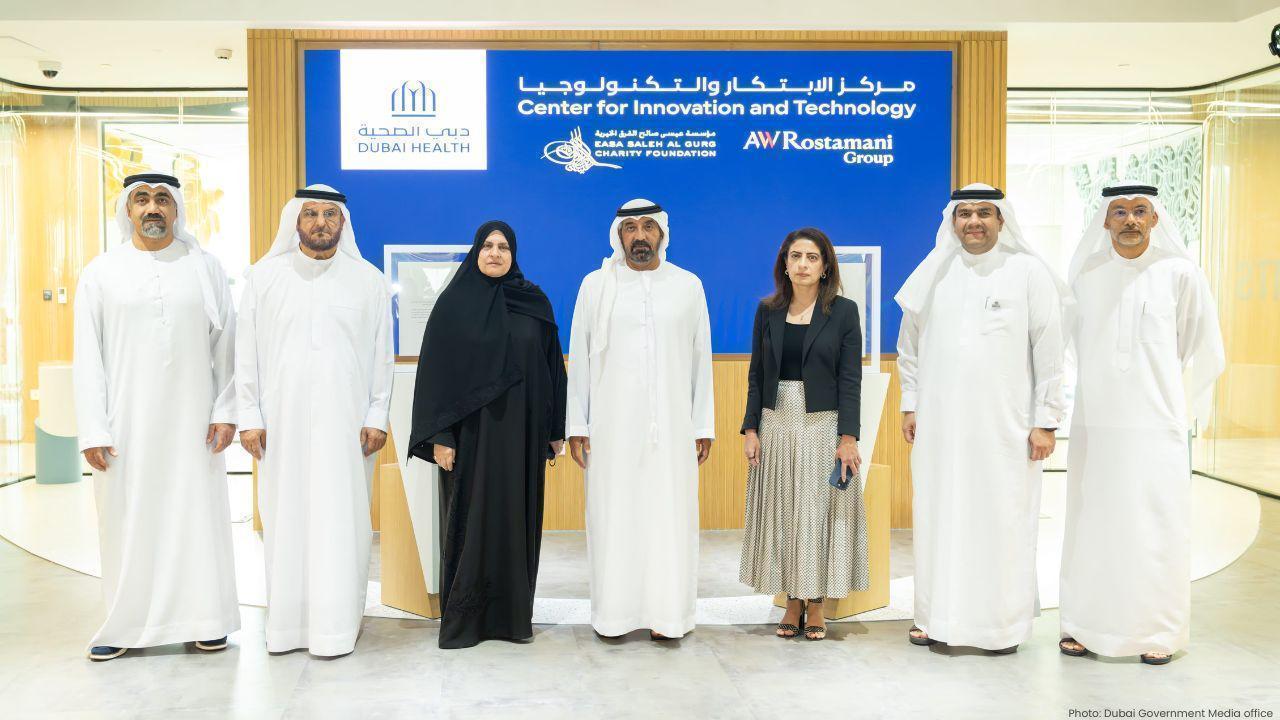
Dubai Opens Health Innovation & Technology Center
Sheikh Ahmed bin Saeed opens Dubai Health’s Innovation & Technology Center to boost healthcare resea
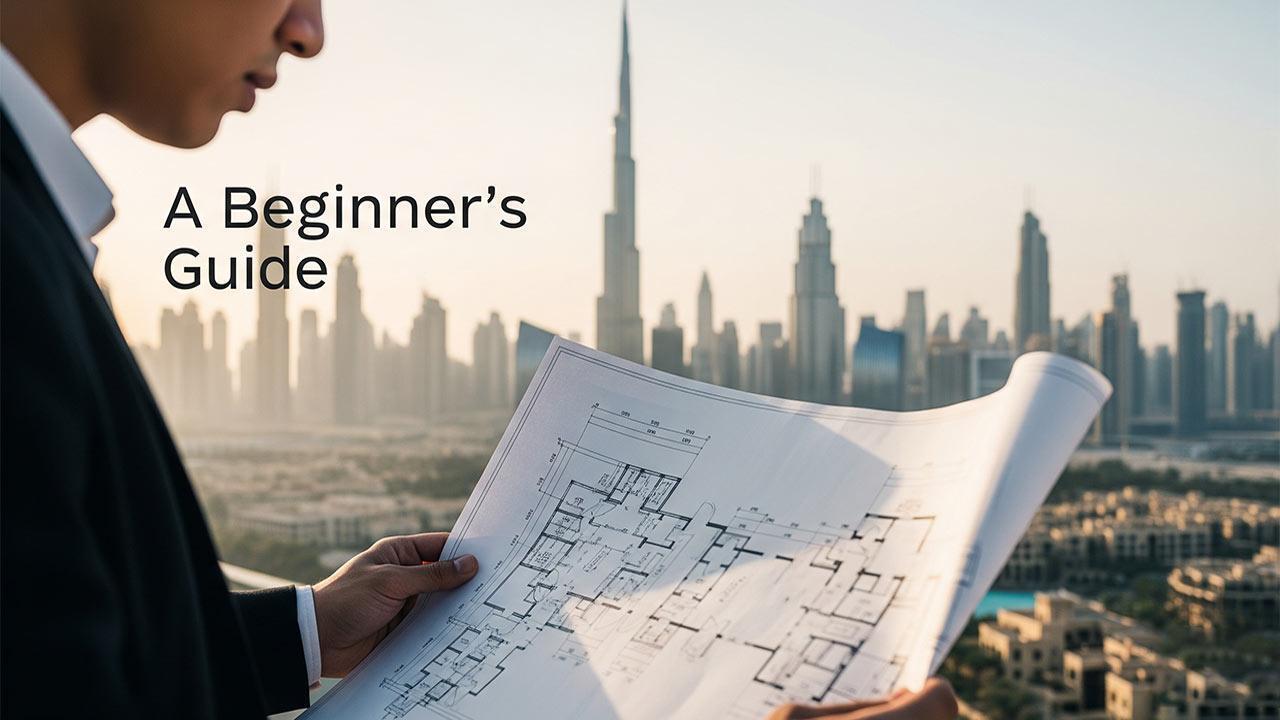
How to Invest in Dubai Real Estate as a Foreigner Complete Beginner s Guide 2025
Learn how foreigners can invest in Dubai real estate with this simple beginner s guide Tips legal

Youth Muay Thai World Championship 2025 in Abu Dhabi
Abu Dhabi hosts the 2025 Youth Muay Thai World Championship with 1,200 athletes from 100 nations, ru

Abu Dhabi Jiu-Jitsu Championship 2025: AED3m Prizes
The 17th Abu Dhabi World Jiu-Jitsu Championship offers AED3m prizes, 11 days of action, and 10,000 a
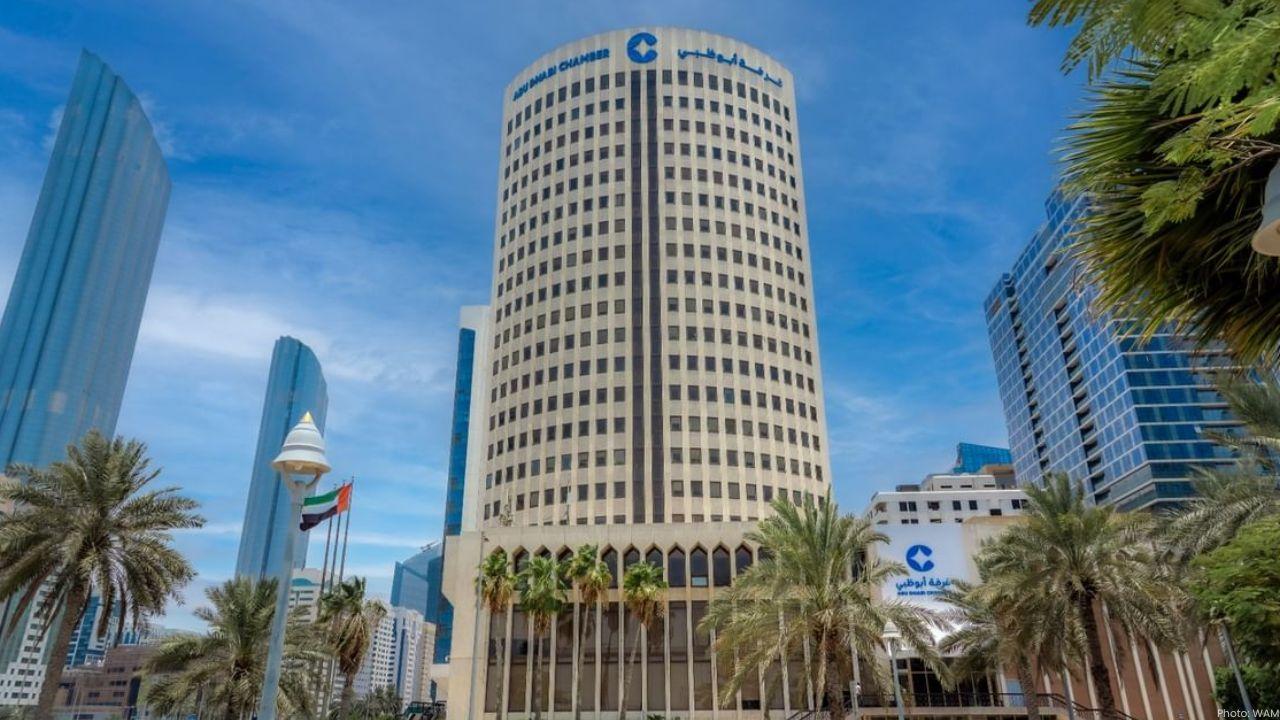
Abu Dhabi Strengthens German Business Ties in 2025
German businesses expand in Abu Dhabi as trade grows, partnerships strengthen, and investment opport
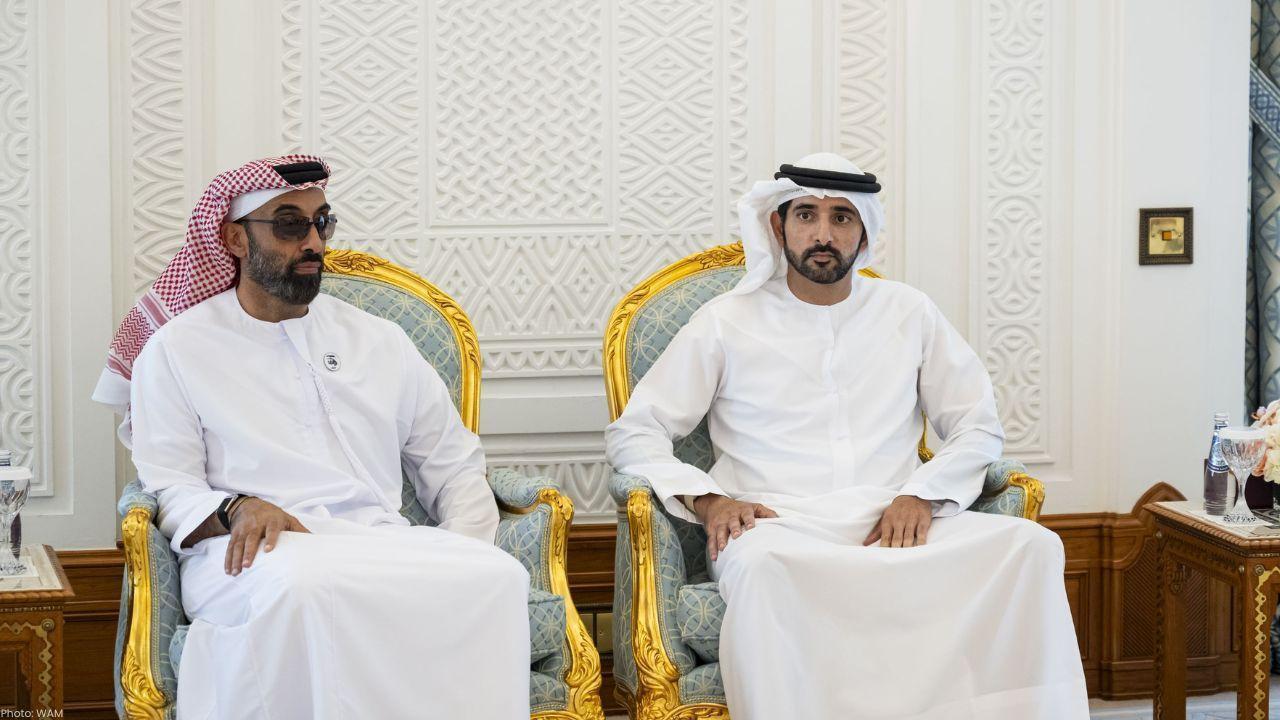
UAE President Meets Qatari Emir Over Israel Attack Concerns
Sheikh Mohamed bin Zayed meets Sheikh Tamim to discuss UAE-Qatar ties, regional peace, and the impac
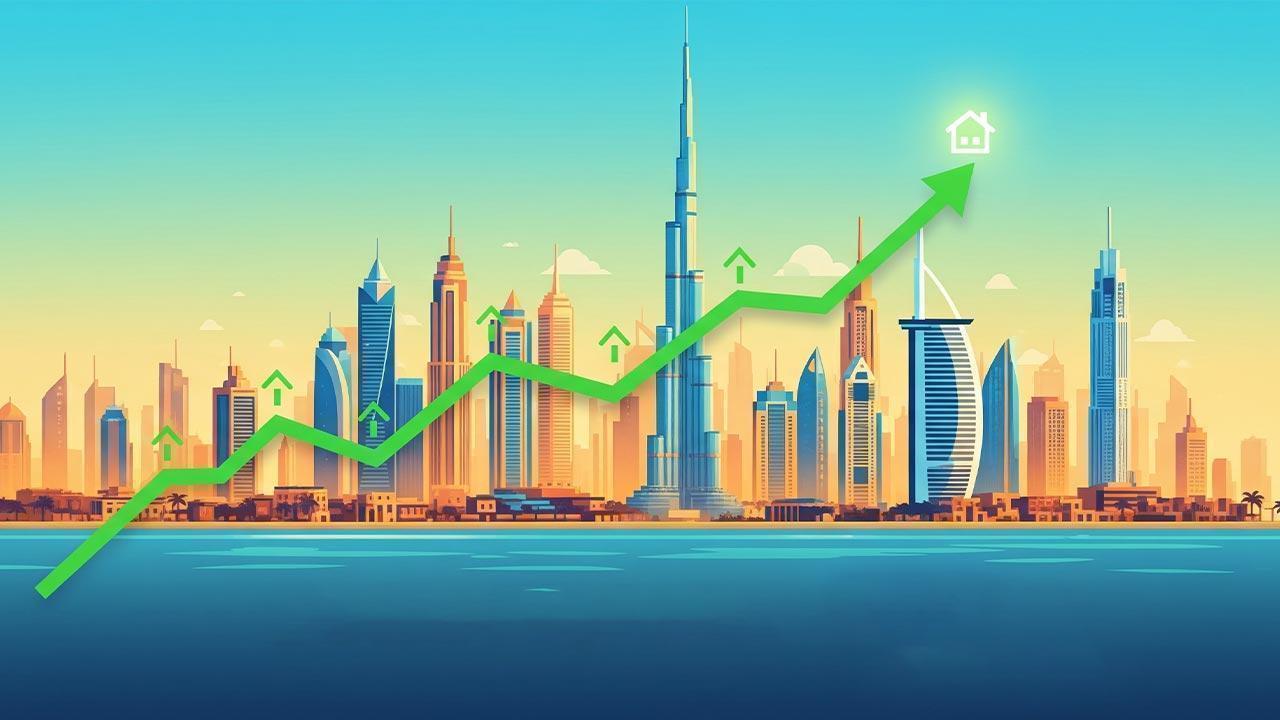
Dubai Property Market 2025 Is It Still a Seller s Advantage
Explore Dubai s 2025 property trends market shifts and opportunities for buyers and sellers in the
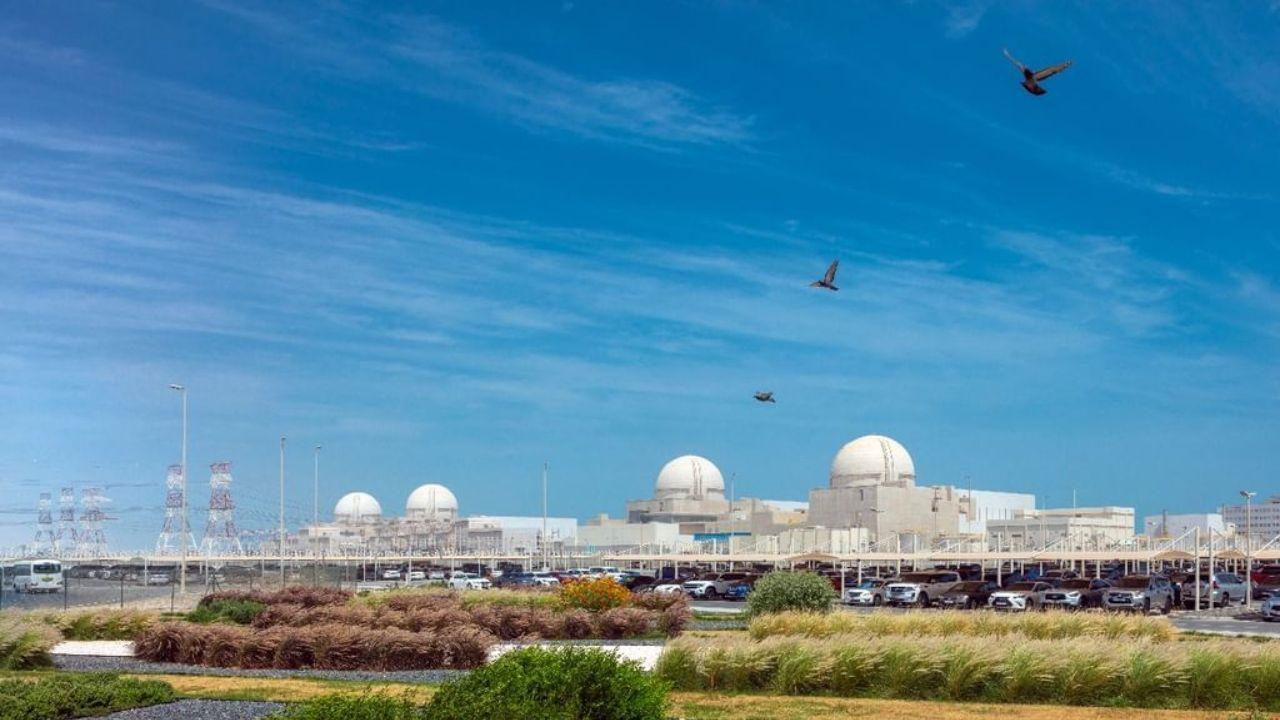
Barakah Nuclear Plant Completes One Year of Full UAE Power Supply
Barakah Nuclear Plant marks one year of full operations, providing 25% of UAE electricity and cuttin

GCC launches unified 2025 guideline to boost investor relations
A new GCC-wide 2025 Investor Relations Guideline aims to unify practices, strengthen transparency an
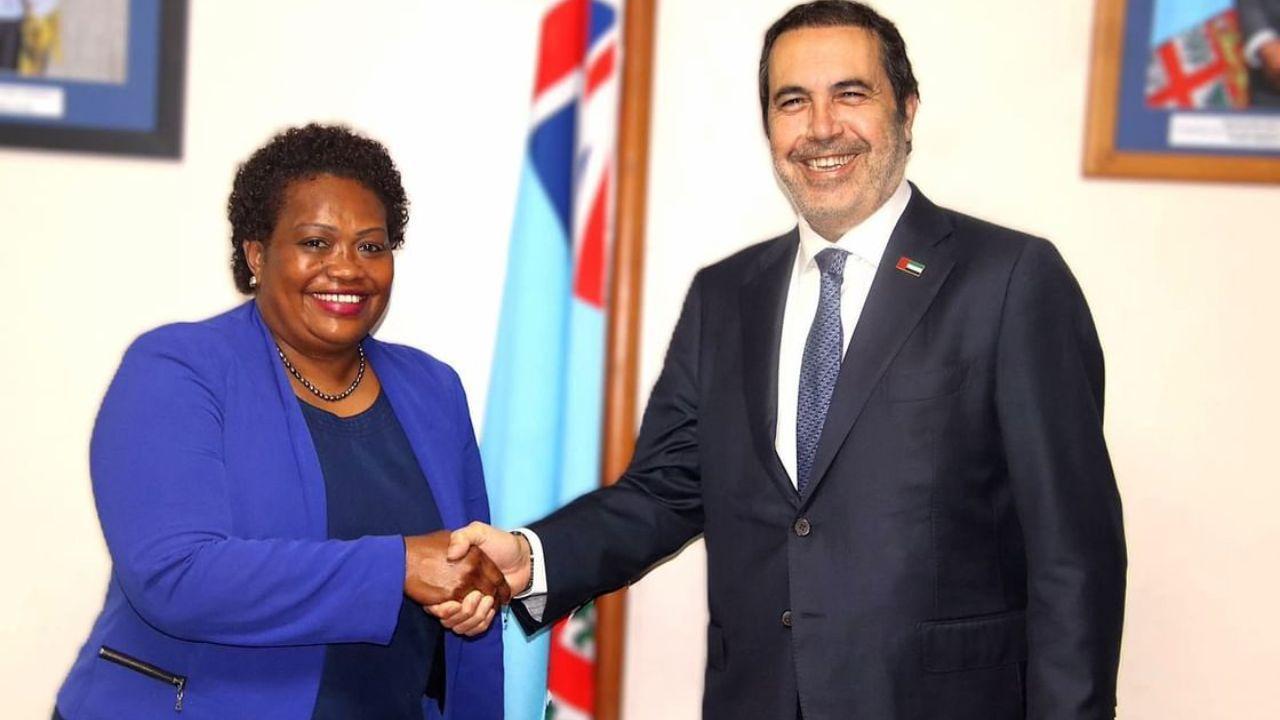
UAE and Fiji explore new paths of cooperation in key growth areas
A UAE delegation visited Fiji to boost ties in economy education sports and climate action, highligh
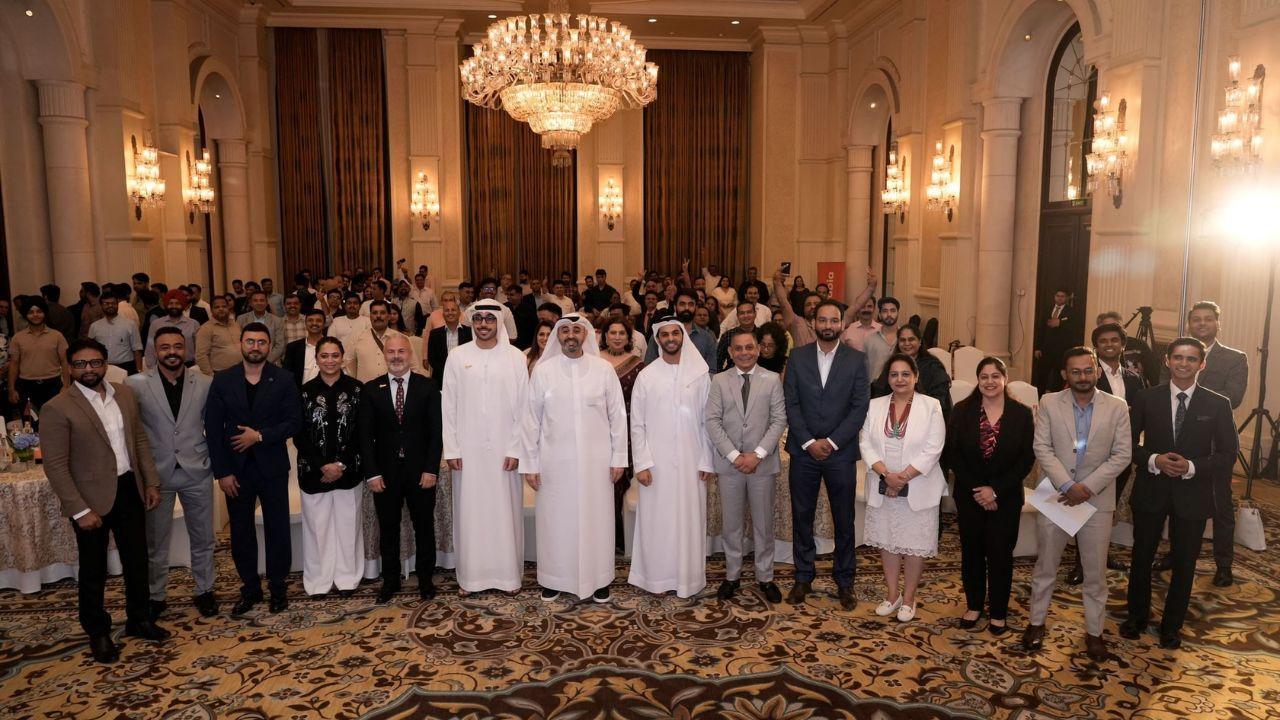
Sharjah boosts India tourism links with 2025 Mumbai Delhi roadshow
Sharjah concluded its India roadshow in Mumbai and Delhi, signing key deals, promoting tourism and r
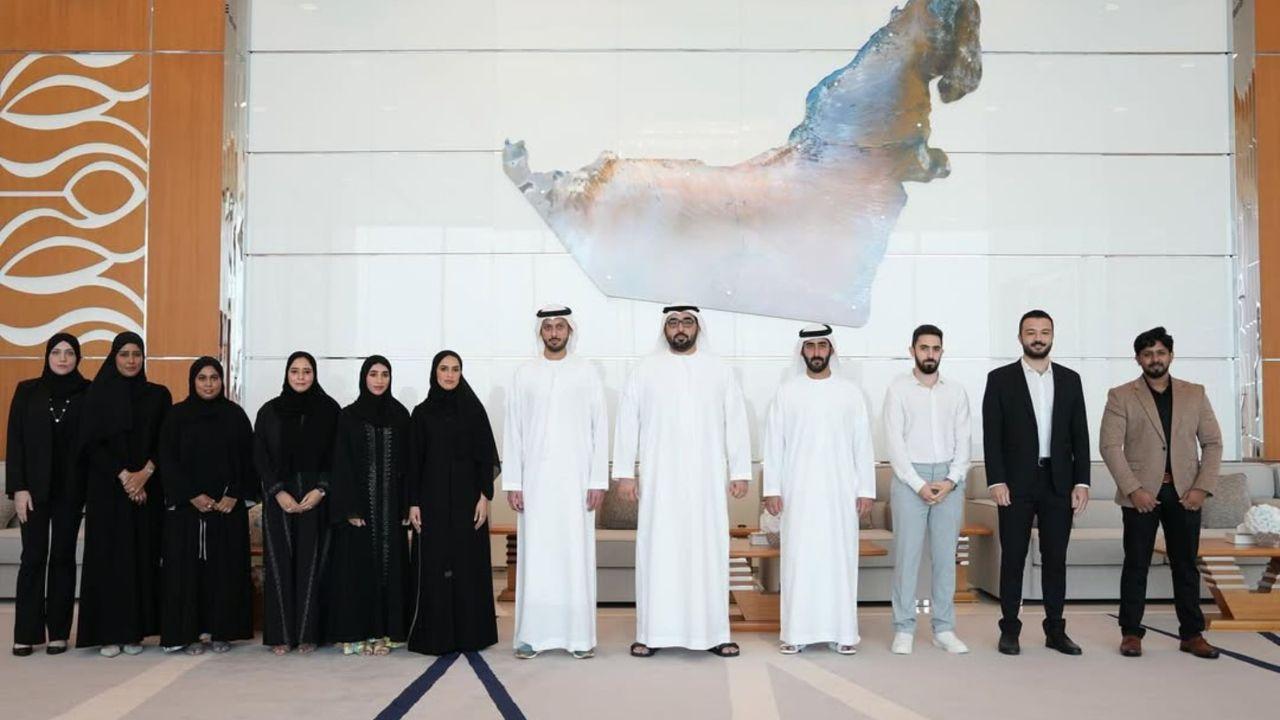
Umm Al Qaiwain Unveils New Tourism Identity for Global Growth
Umm Al Qaiwain launches new identity to boost tourism, highlight heritage and attract global investm
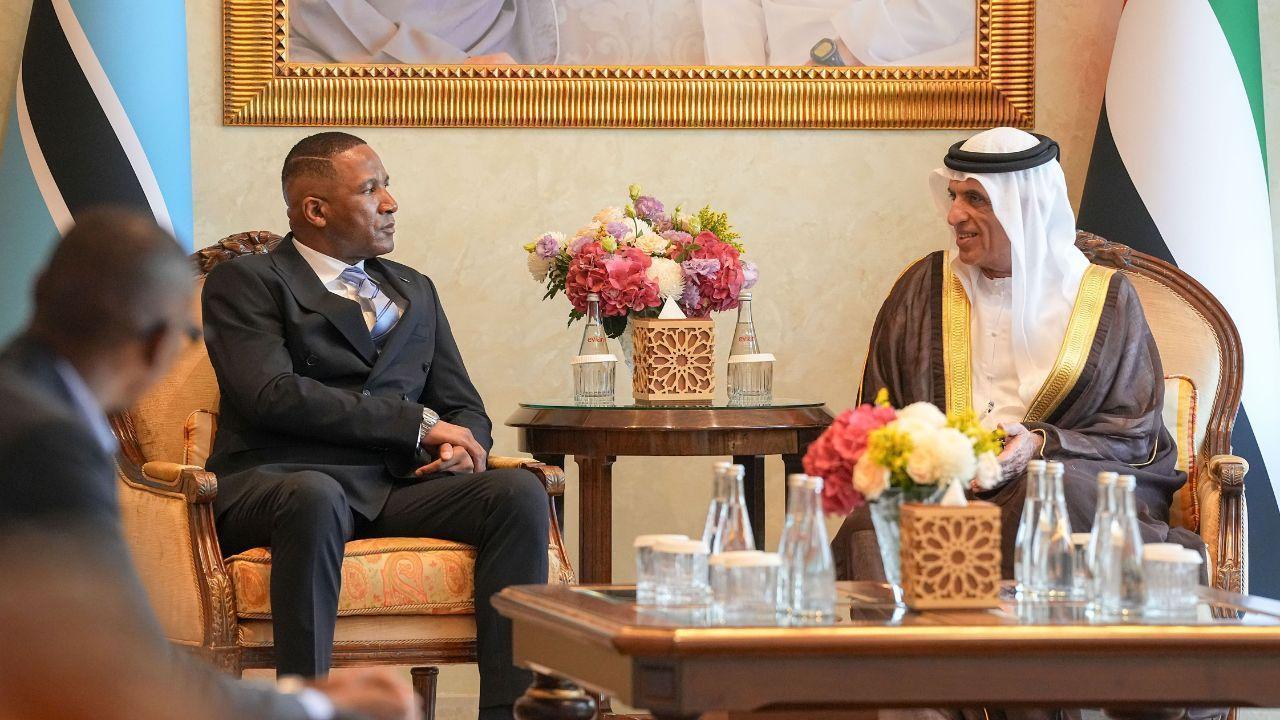
Ras Al Khaimah Ruler meets Botswana President to boost ties
Ras Al Khaimah Ruler welcomed Botswana’s President to discuss stronger ties, economic cooperation an
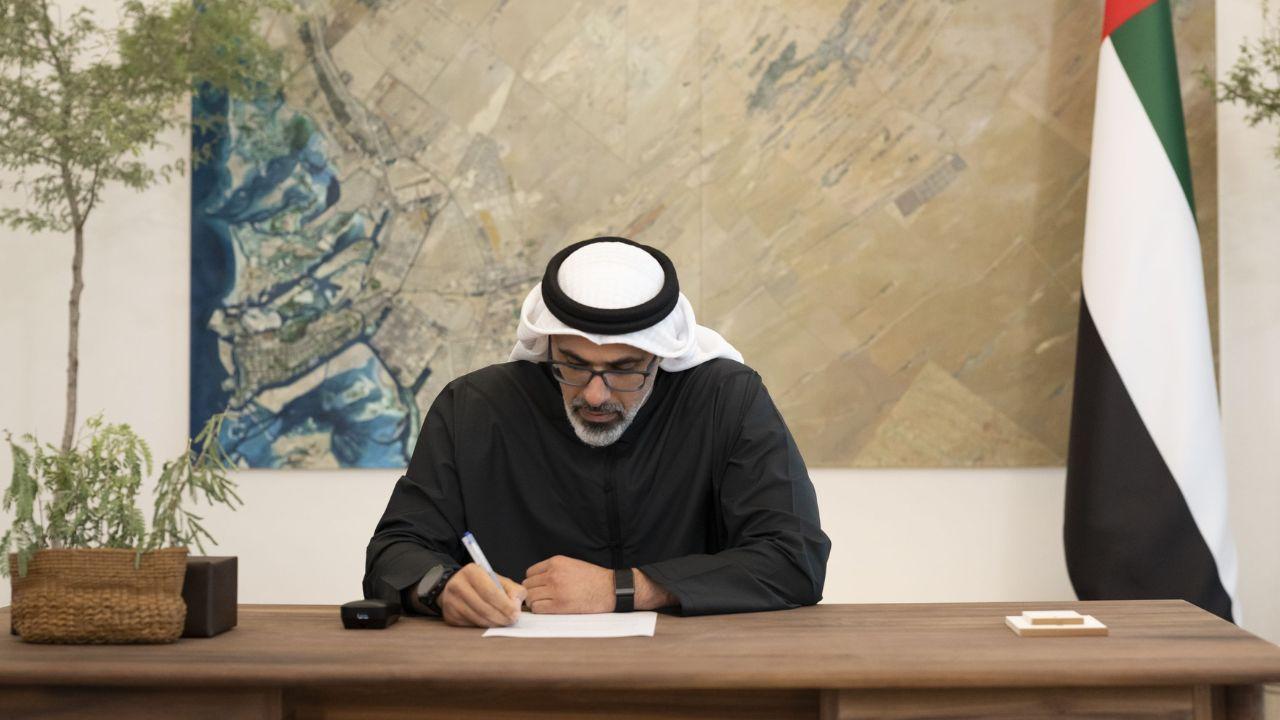
UAE Crown Prince joins BRICS Virtual Summit highlights unity
UAE Crown Prince Khaled bin Mohamed joined the BRICS Virtual Summit, stressing global cooperation, s
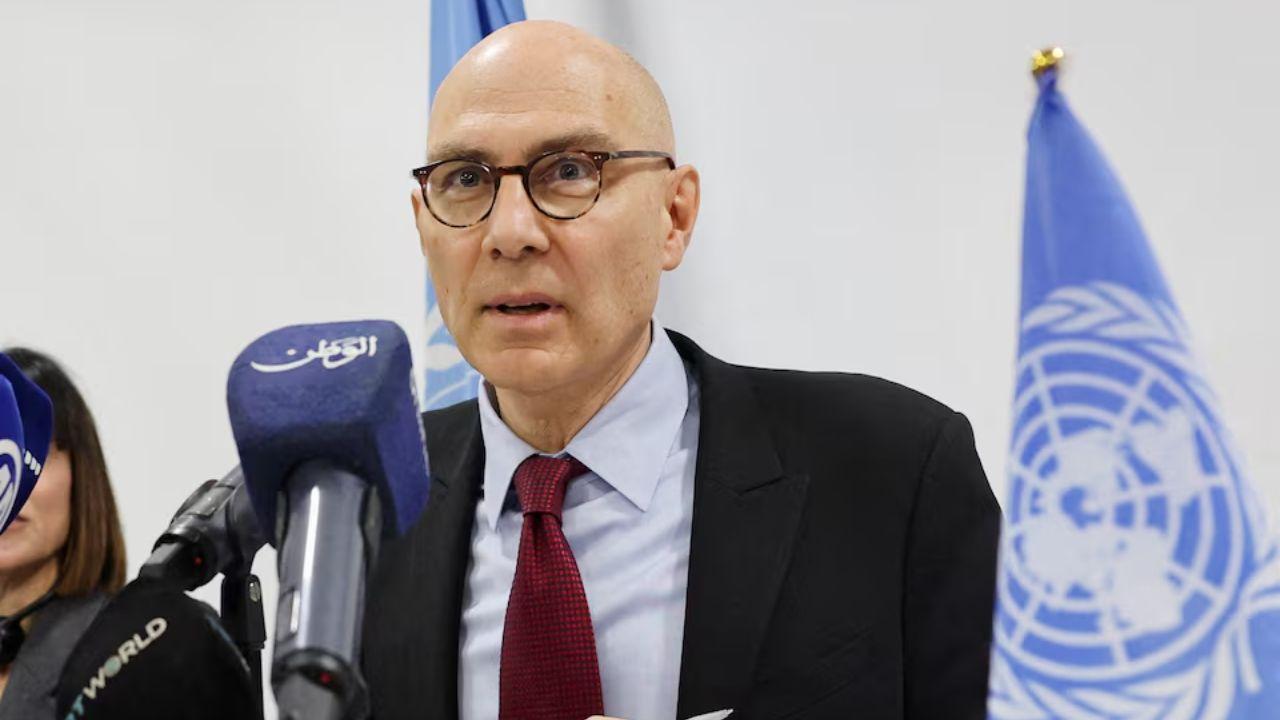
UN Rights Chief Condemns Israel’s Civilian Deaths in Gaza
UN rights chief condemns Israel for mass civilian deaths in Gaza, blocking aid, and using dehumanizi